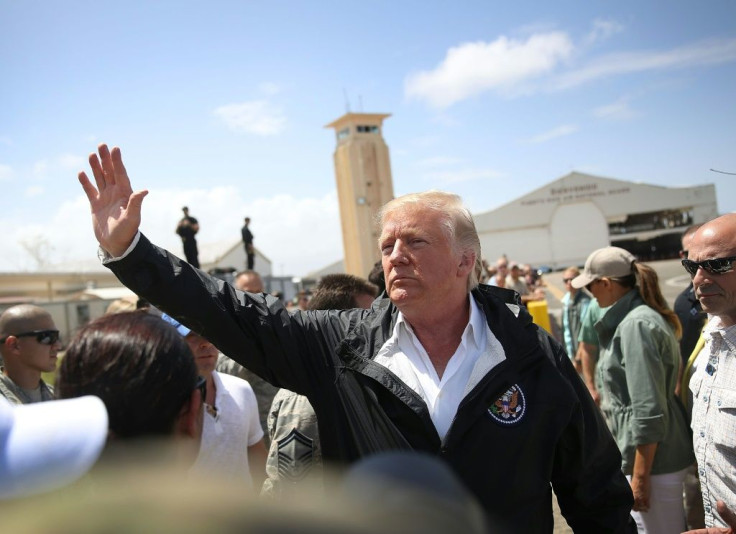Will Puerto Rico Become A State? Why Votes Might Not Be Enough
KEY POINTS
- Puerto Rico narrowly approved a ballot initiative in favor of U.S. statehood, but slim margins paired with dismal turnout mean it's hardly a ringing endorsement of the idea
- The matter now lies in the hands of the U.S. Congress, where even if Democrats manage to take the Senate, the road to statehood isn't easy
- Proponents of statehood tout the benefits of representation in Congress and the presidency, but opponents cite independence and higher taxes as reasons against
Voters in Puerto Rico have narrowly approved an initiative in favor of U.S. statehood, but divisions elsewhere on the ballot and low turnout mean it’s not the unified statement some hoped it would be.
Puerto Rico’s official election website shows 52% approval of the non-binding referendum endorsing statehood with 95% of votes counted. With only a 4% margin of victory and a dismal 51% voter participation, it will be hard for the New Progressive Party pushing it to claim a clear mandate from voters.
This isn't the first time voters have tried to have U.S. congress declare the territory a state and failed, reports ABC's KMGH. In 2017, 97% of voters approved the measure but the vote was later boycotted by those opposed.

The opposition to statehood is driven by an enduring desire for independence among many Puerto Ricans, as well as concerns over economics and cultural bleed, reports Vox. Individuals and corporations in Puerto Rico pay dramatically less in federal taxes than their stateside counterparts, something that would change if the island achieved statehood.
But there are also undeniable benefits. As a state, Puerto Rico would receive representation in the U.S. House and Senate. It would also have a say in the general presidential election, as opposed to just the party primaries. Puerto Ricans could receive more federal funding, and it would be harder for opponents, like President Donald Trump, to deny them disaster aid for their frequent storms.
Things are even more divided elsewhere in the election. While the PNP’s Pedro Pierluisi is leading the race for the governor’s seat, he is not far behind Carlos Delgado of the Popular Democratic Party, NBC News reports. Voter turnout was 4% less than in 2016 at just over 51% participation.
In local government the PNP’s showing was even worse, losing major ground in both the House and Senate. Despite the losses, the PNP seems determined to press forward in seeking statehood.
“The people have declared that we no longer want this status,” Pierluisi said. “We want equality.”

© Copyright IBTimes 2024. All rights reserved.





















